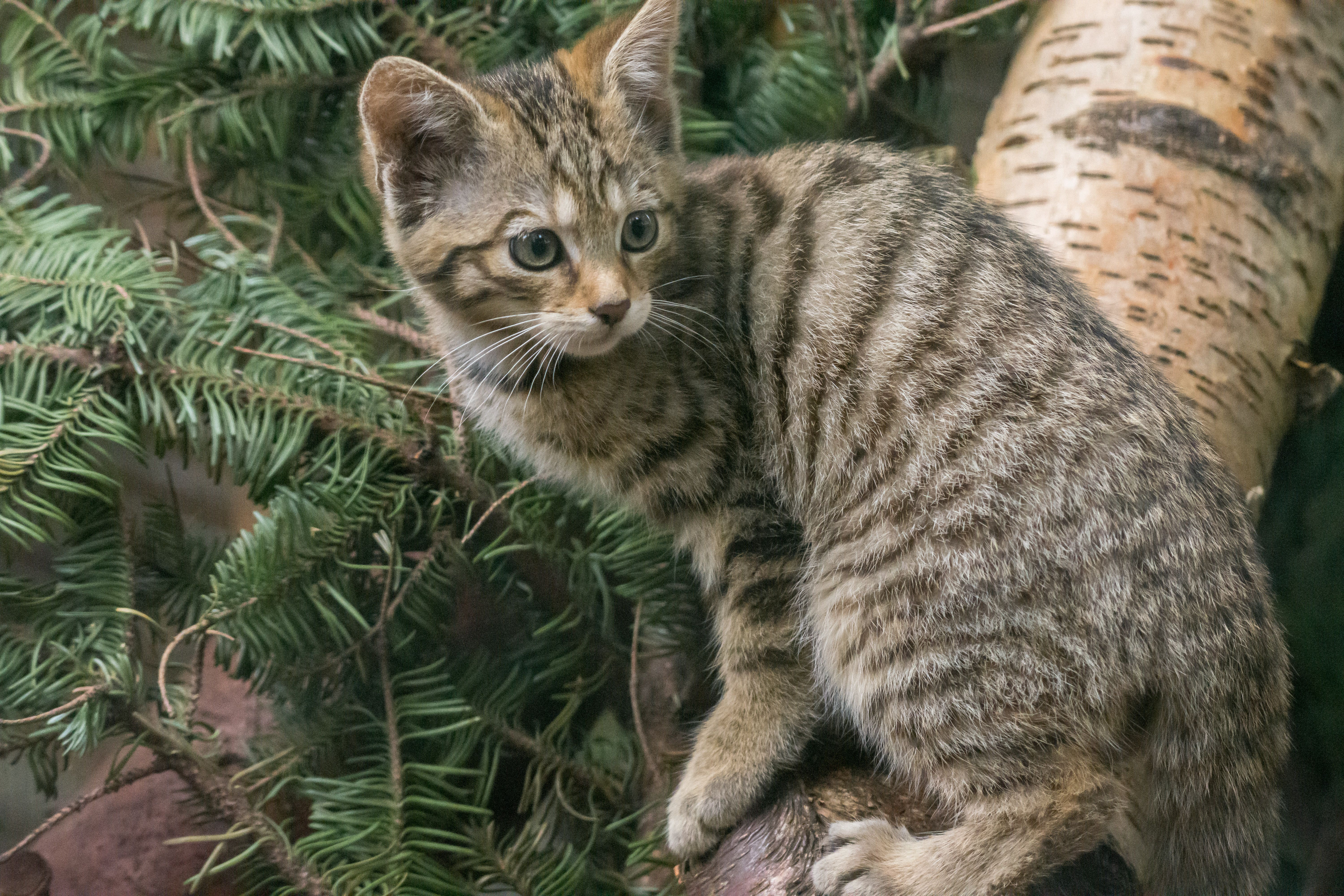Two wildcats born in captivity have died since release into wild, experts say
Almost 30 wildcats have been released in the Cairngorms since last summer.

Your support helps us to tell the story
From reproductive rights to climate change to Big Tech, The Independent is on the ground when the story is developing. Whether it's investigating the financials of Elon Musk's pro-Trump PAC or producing our latest documentary, 'The A Word', which shines a light on the American women fighting for reproductive rights, we know how important it is to parse out the facts from the messaging.
At such a critical moment in US history, we need reporters on the ground. Your donation allows us to keep sending journalists to speak to both sides of the story.
The Independent is trusted by Americans across the entire political spectrum. And unlike many other quality news outlets, we choose not to lock Americans out of our reporting and analysis with paywalls. We believe quality journalism should be available to everyone, paid for by those who can afford it.
Your support makes all the difference.Two wildcats born in captivity have died since their release into the wild in the Cairngorms National Park.
Saving Wildcats said that one of the animals was hit by a vehicle while the other died of starvation.
Nine wildcats were released into the Cairngorms this summer, following the release of 19 last year.
The project is working to restore Scotland’s population of critically endangered wildcats, dubbed the Highland Tiger, by breeding and releasing them into the wild and mitigating threats to the species.
Nobody is more saddened by the loss of these animals than the people working with them
The Saving Wildcats partnership, led by the Royal Zoological Society of Scotland (RZSS), said that the releases this year were “significantly more challenging” than last summer due to bad weather compounded by the lower availability of voles as a food source.
Dr Helen Senn, Saving Wildcats project lead, said “Although we prepare the wildcats for release in the best way possible, life in the wild is incredibly challenging for all animals.
“Immediately after release they are particularly vulnerable as they learn to adapt to their new life in the wild, to locate themselves in their environment, to learn about threats, and to become efficient hunters.
“Nobody is more saddened by the loss of these animals than the people working with them, because a lot of care is put into providing each released animal with the best chance possible.”
She added: “Despite these sad losses, there’s still a lot to celebrate: the survival rate of the wildcats released last year has been much higher than anticipated, and wild births have also increased wildcat numbers in the area.”
The two wildcats died shortly after their release, with one named Midge hit by a vehicle at night on a minor road.
Saving Wildcats said it appeared she had been faring well before her death as she had a stomach full of voles and mice.
However, the second, a female named Oats, died of starvation around four weeks after her release.
The team went to search for her after her GPS data indicated that she was not moving.
They found that she had moved to an area that was unlikely to have a good food supply, and had not returned to the “soft-release” pens to take the supplementary food that was being provided.
Dr Senn said: “Every release, however successful, increases our knowledge.
“It is our responsibility to make use of this knowledge, so that subsequent releases have a better chance of succeeding than the ones preceding them.”